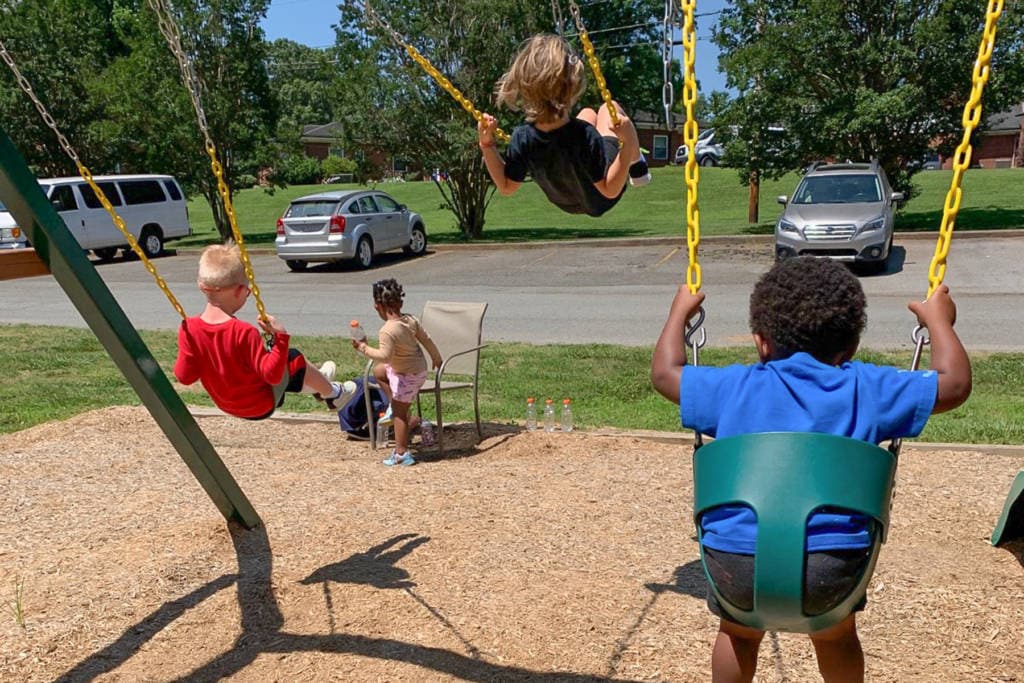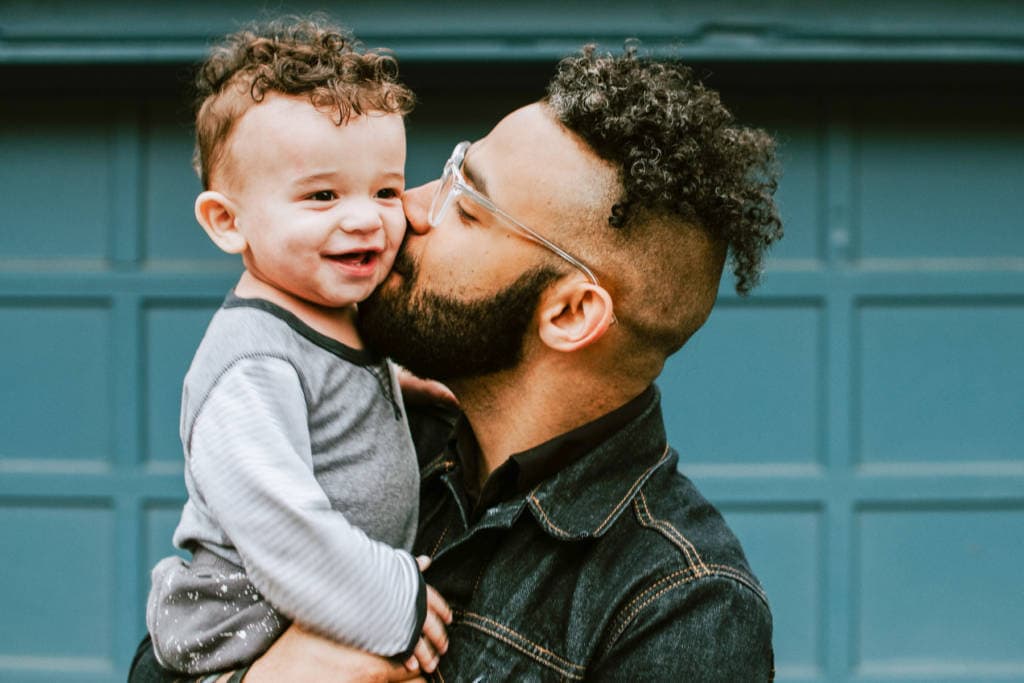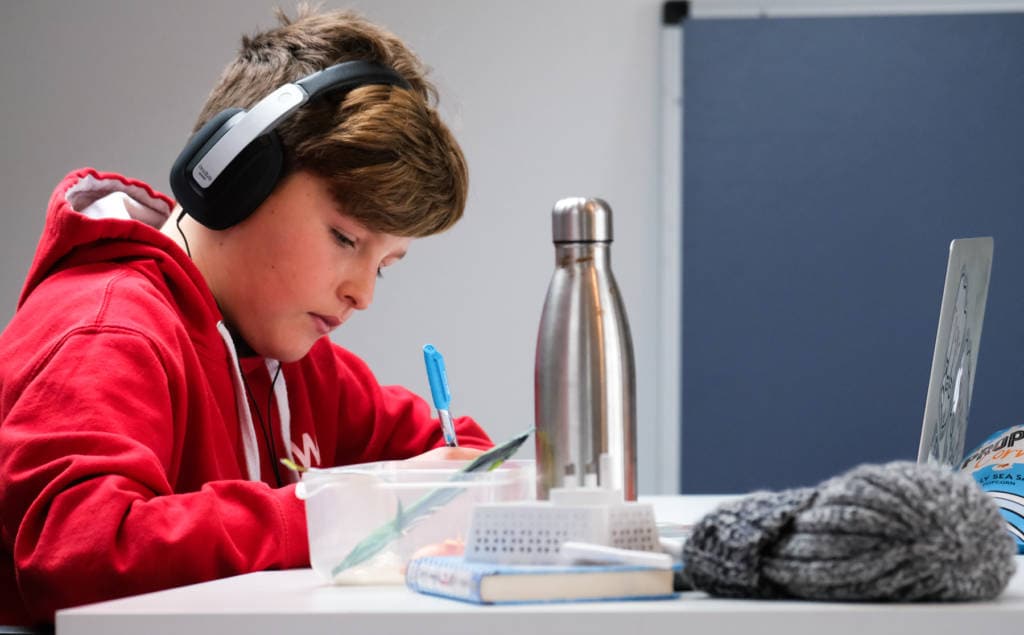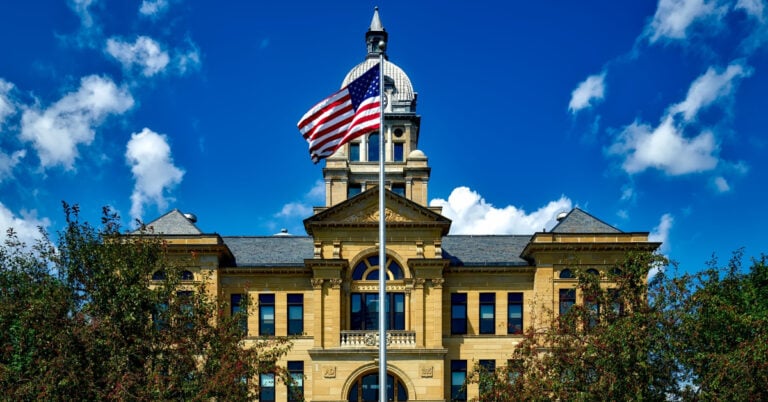May is Foster Care Awareness Month, a commemorative month that can feel impersonal until you make an effort to come closer. Bryan Stevenson, Founder of the Equal Justice Initiative and author of Just Mercy, speaks about the importance of proximity; proximity to people in need, people who are different from ourselves, and people who are hurting. Our empathy grows as we meet, befriend, and come to know people and their stories, and we understand their challenges first hand.

The theoretical “children in foster care” become real faces of real children who we know and love as we bring ourselves into proximity. The strongest supports of children and families are typically provided by those in closest proximity to the need.
The need for more homes.
Many Americans have heard of the widespread and growing challenges that the foster care system presents. Unfortunately, much fewer Americans actually know children who are in foster care right now. This is not due to a lack of children in care, however. There are children in foster care in literally every county of the United States. In nearly all of those counties, there are more children in care than there are licensed foster homes for the children to live in. Thus, the most obvious need of the foster care system- more foster homes.

We would be remiss if we did not mention the great need for more licensed foster families in every area of our country. Becoming a foster parent, just like becoming a biological parent, is not something that one should be talked into or convinced to do. It is something that families should discuss and assess for themselves – if they could offer their home, time, lives, and love to help in this way. Becoming and being a successful foster parent is a journey that requires much support.
Though all families cannot offer their homes as foster parents, we believe that there are many ways to support foster families in your community.
How can you help a foster family?
- Bring them dinner or provide gift cards for takeout.
- Watch their children so they can go on a date (some restrictions and/or background checks may be necessary).
- Pray for them (every day!) and provide encouraging words via text or phone call.
- Come over and help with homework and the after school rush
- Cut their grass, do their laundry, or do some house cleaning
- Ask them, “How can I support you this week?” and follow through. Perhaps provide concrete suggestions.
- Love the children in their home, even when things are hard
- Listen to them and validate their feelings
- Take the whole family for a fun outing, like ice cream

Maybe you don’t know any foster families in your area. (We want to pause here and encourage you to ask around. It is likely that there are families in your very area who could benefit from your immediate support.) Don’t fret! There are plenty of other ways to help.
Other ways to help children in foster care:
- Become licensed for short-term respite care.
- Volunteer with your local DSS or private agency.
- Become a GAL (court appointed advocate for children in foster care).
- Educate and advocate for the needs of kids via your state’s legislature.
- Pray- for children, foster & adoptive families, social workers, judges, biological families.
- Donate
- Mentor
While the foster care system is a broken and hurting system in many ways, there are also many ways that we, as individuals, can help, love, and support our communities, families, and children. As an agency serving families and children in need, we are so grateful for the outpouring of service that we witness every day by those who truly care.
On behalf of children and families, we thank YOU for caring and staying in proximity to those who are hurting.



